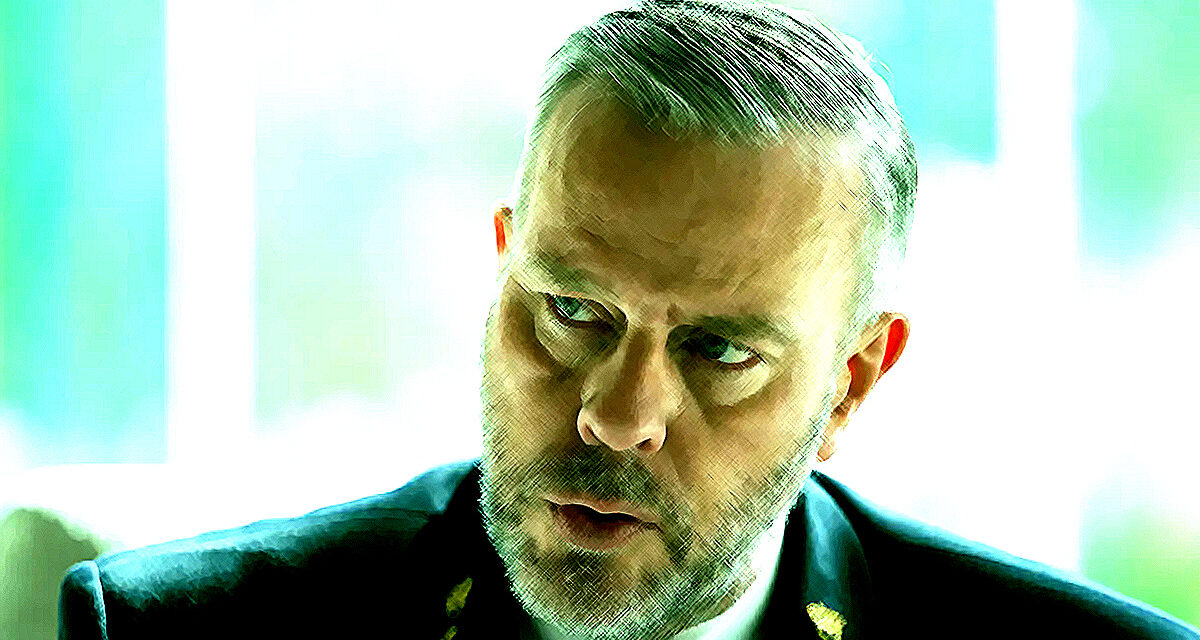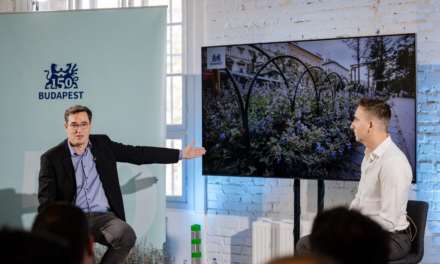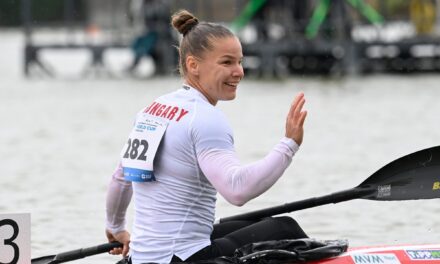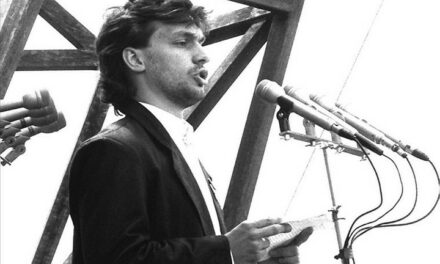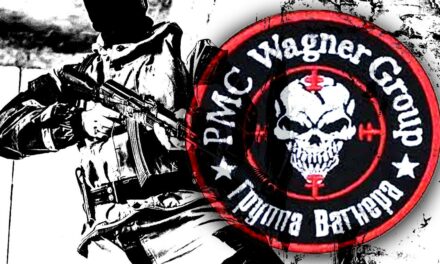The chairman of NATO's Military Committee is happy that the "defense alliance" myth is finally not being enforced in the organization. Who cares: it scares us to death.
So far, those interested in foreign policy have been able to use the suspicion trial (well, only those who didn't want to see it) that NATO lost its character as a defense alliance a long time ago, since until now it did not act with a defense goal, but constantly provoked and intervened, but it is still blood-curdling. if all this is said openly.
It was both embarrassing and horrifying at the same time as Rob Bauer, chairman of NATO's Military Committee, answered a journalist's question and celebrated the change in the organization's creed.
The Dutch-born NATO leader gave a speech at the European Policy Center, which was followed by a more informal discourse.
The Military Committee of the North Atlantic Treaty Organization (in English: North Atlantic Treaty Organization Military Committee (NATO MC)) is the body of the organization that brings together the highest military leaders of the member states, the Chiefs of Staff (CHOD). The Chiefs of Staff are usually represented by so-called Permanent Military Representatives (MilRep), but just like the Council, meetings are held at the highest level from time to time with the personal presence of the Chiefs of Staff. Its primary task is to provide military advice to the North Atlantic Council.
Two topics are worth highlighting from Bauer's speech:
1. He told me that for the past two and a half years he has been traveling to America and Europe and visiting various organizations. He asks their leaders to think about whether their organization is ready for war and what they can do to avoid it. According to Bauer, it is very important to think about these issues, because the military aspect of deterrence is only one half, but it is also important to shape the operation of our organizations in such a way that we are able to ensure the supply of basic services and goods in any situation . He cites as an example that Europe has experienced in the field of energy how much the Russians cannot be trusted: we thought we had an agreement with Gazprom, but in fact Putin was on the other side of the agreement, and we should expect the same from China regarding.
Nota bene, the admiral does not address the mystical circumstances of the explosion of the line and the general lack of interest in it.
2. After that, he explains at length: the only way to keep people safe is to spend a lot more on defense. According to him, 3 percent of the GDP, or as close as possible, should be paid to NATO, because otherwise we cannot defend ourselves.
Note bene: everyone knows that lots of guns = lots of peace, right?
From minute 16 of the video, verbatim:
"According to the Eurobarometer survey this September, 58 percent of the respondents considered that they were not prepared for a possible crisis situation in their place of residence, and almost 2/3 believed that they needed more information to prepare. People want to do more. They understand that the world is becoming less and less safe for them and they need leaders to help them through this. Difficult choices can be explained by a good leader: by increasing deterrence and the support given to Ukraine, there is really less money left for other things, we have to give up luxury items (heating? - ed.), we have to make sacrifices."
Then comes the many illustrated speeches and templates: democracy overcomes tyranny (18:52), freedom overcomes oppression, light overcomes darkness.
After that, already in the conversational part, at the 48th minute, the admiral receives a question that
are Europe and NATO ready in case it is attacked? Can he protect himself?
Rob Bauer answers verbatim:
"The answer is yes, we have the power, we are ready. Currently, the challenge is to replenish our stocks (…). We need to invest more in air defense and precision weapons, talking about this is a relatively new topic in NATO.
And I'm very happy that we've finally changed our attitude about... I mean, the idea was that we're a defensive alliance, so we're just going to sit and wait for them to attack us, and then if they attack us, then we'll be able to shoot down the arrows.
But it is smarter if we can not only do that, but also attack the archer, and the archer is Russia if we are attacked.
So we need a precision weapon system that can take down the weapons they attack us with, and of course, since we are a defense alliance, we have to take the first hit. So if Russia (stutters 50:48)… if Russia starts the conflict… Because we're not going to attack Russia out of nowhere… So, yes, we're going to need more air defenses, we learned that in Ukraine, and we need to invest in precision weapons (…. ).”
***
Well, these two minutes (from 48) say it all.
In addition, we know that NATO has not acted with a defense goal so far, but has constantly provoked and intervened on its own, as it is doing now.
Bauer's mask fell in two sentences.
After that, of course, he retorted and said, "Whoops, we don't say this out loud: "and of course, since we are a defense alliance, we have to suffer the first blow. So if Russia (stutters 50:48)… if Russia starts the conflict… Because we're not going to attack Russia out of nowhere…”
Well, we wouldn't take poison for that...
Featured image: Civilians. Info graphics

